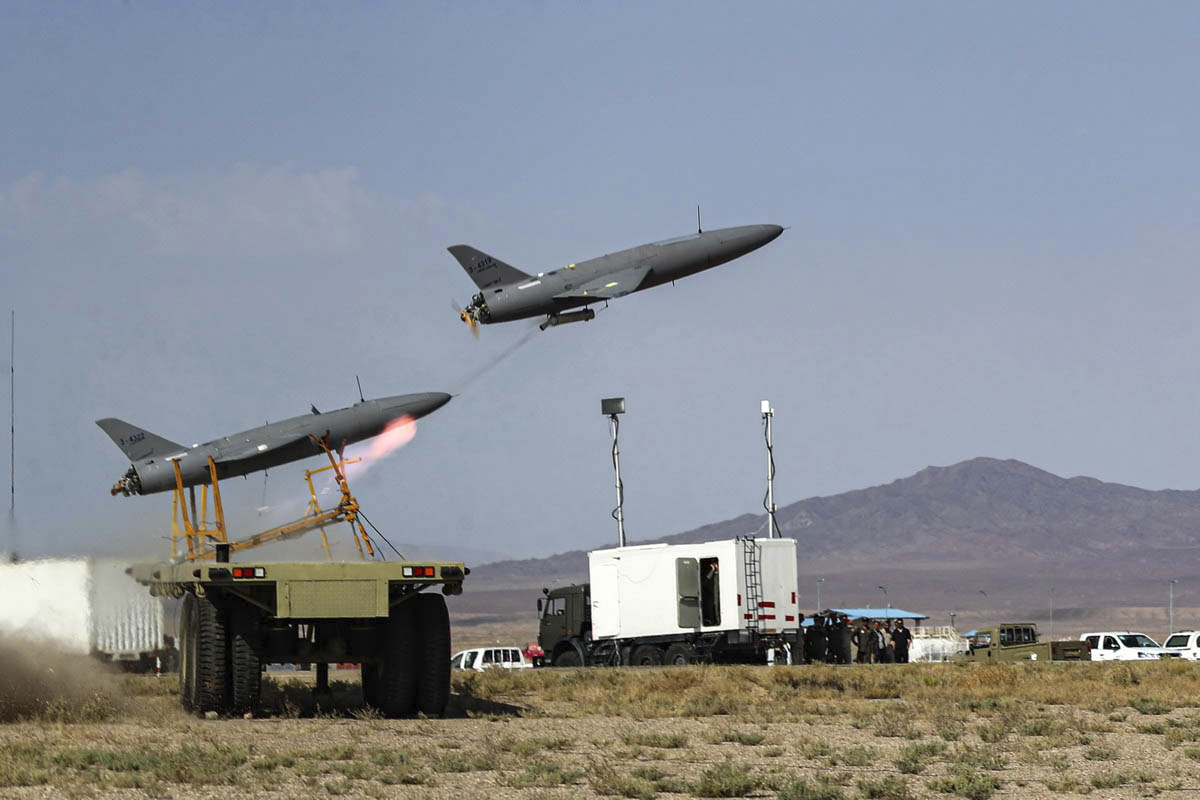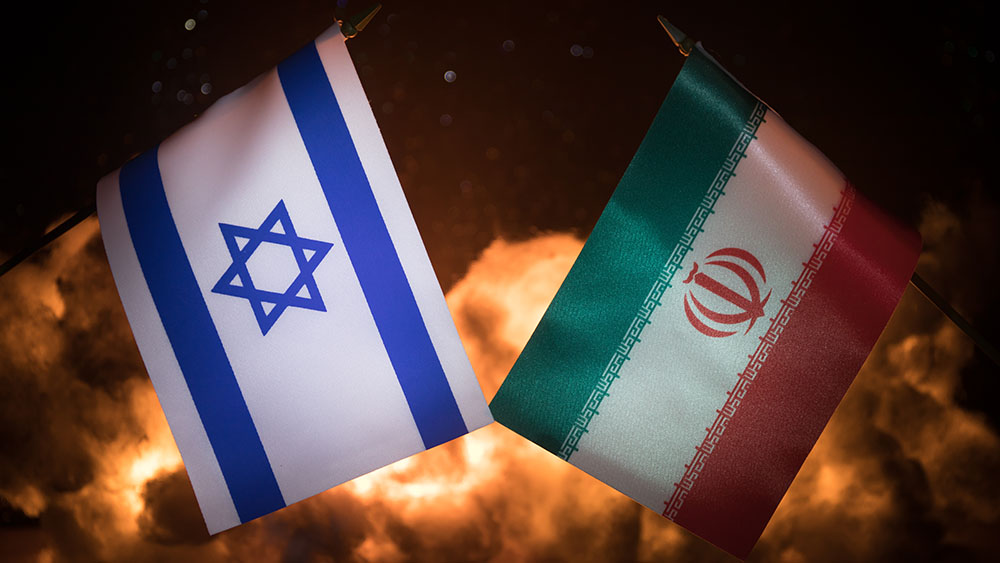Historical Context: Iran Israel

The relationship between Iran and Israel has been fraught with tension and conflict for decades, rooted in a complex interplay of historical, religious, and ideological factors. The two countries have been locked in a bitter rivalry since the 1979 Iranian Revolution, fueled by competing claims to the same region and divergent visions for the future of the Middle East.
The Historical Relationship
The historical relationship between Iran and Israel is characterized by periods of cooperation and conflict. Prior to the 1979 Iranian Revolution, Iran and Israel had a relatively amicable relationship, particularly during the reign of the Shah of Iran, Mohammad Reza Pahlavi. Iran was a key ally of the United States and shared a common interest in containing the spread of Soviet influence in the region.
- The Shah’s Relationship with Israel: The Shah of Iran saw Israel as a valuable strategic partner and a source of advanced technology. He provided Israel with access to Iranian oil and allowed Israeli military personnel to train in Iran. In turn, Israel provided Iran with intelligence and military assistance.
- The 1979 Iranian Revolution: The 1979 Iranian Revolution marked a turning point in Iran-Israel relations. The overthrow of the Shah and the establishment of the Islamic Republic of Iran under Ayatollah Ruhollah Khomeini led to a complete rupture in relations. The new Iranian government declared Israel an enemy and vowed to destroy the Jewish state.
The Role of Religion and Ideology, Iran israel
Religion and ideology play a crucial role in shaping the relationship between Iran and Israel. The Islamic Republic of Iran, founded on the principles of Shia Islam, views Israel as an illegitimate entity and a threat to the Islamic world. Iran’s leaders have repeatedly called for the destruction of Israel, which they see as a Western creation and a symbol of Zionist imperialism.
“Israel is a cancerous tumor in the heart of the Muslim world, and it must be eliminated.” – Ayatollah Ruhollah Khomeini
Israel, on the other hand, views Iran as a state that supports terrorism and seeks to destroy its existence. Israel’s leaders have repeatedly accused Iran of developing nuclear weapons and of providing support to terrorist groups in the region.
The Impact of the 1979 Iranian Revolution
The 1979 Iranian Revolution had a profound impact on Iran-Israel relations. The revolution led to the establishment of a regime that was deeply hostile to Israel and that saw the destruction of the Jewish state as a key objective. The revolution also resulted in the emergence of a powerful Iranian military, which has been used to support Iranian-backed militant groups in the region.
- The Rise of Hezbollah: Following the Iranian Revolution, Iran provided significant support to Hezbollah, a Lebanese Shia militant group that has been engaged in a long-running conflict with Israel.
- The Iran-Iraq War: The Iran-Iraq War (1980-1988) further strained relations between Iran and Israel. Israel provided Iraq with intelligence and military support during the war, which further fueled Iranian animosity towards Israel.
- The Nuclear Issue: Iran’s nuclear program has been a major source of tension between Iran and Israel. Israel views Iran’s nuclear ambitions as a threat to its security and has repeatedly threatened to use military force to prevent Iran from developing nuclear weapons.
Political and Security Dynamics

The relationship between Iran and Israel is marked by deep mistrust and historical animosity, leading to a complex and volatile political and security landscape. Understanding the contrasting political systems, foreign policy objectives, and key areas of conflict is crucial for appreciating the ongoing tensions between these two nations.
Political Systems and Foreign Policy Objectives
Iran and Israel have vastly different political systems and foreign policy objectives, contributing to the ongoing tension between them. Iran is an Islamic Republic with a theocratic government, where religious leaders hold significant political power. Its foreign policy is often guided by the principles of Islamic revolution and opposition to Western influence, particularly the United States. Israel, on the other hand, is a democratic state with a parliamentary system, where secularism and Jewish identity are prominent features. Its foreign policy prioritizes national security, maintaining close alliances with Western powers, and advocating for a two-state solution to the Israeli-Palestinian conflict.
Areas of Conflict and Tension
The political and security dynamics between Iran and Israel are characterized by several areas of conflict and tension:
The Nuclear Issue
Iran’s nuclear program has been a major source of friction between the two countries. Israel views Iran’s nuclear ambitions as a threat to its security, fearing the development of nuclear weapons. The international community has also been concerned about Iran’s nuclear program, leading to various sanctions and diplomatic efforts to curb its nuclear activities.
Regional Conflicts
Both Iran and Israel are involved in regional conflicts, often supporting opposing factions. Iran has been accused of supporting Hezbollah in Lebanon, Hamas in Gaza, and other militant groups in the region, while Israel has maintained close ties with Sunni Arab states, including Saudi Arabia and the United Arab Emirates. These regional conflicts further exacerbate tensions between Iran and Israel.
Support for Opposing Factions
Iran and Israel have a long history of supporting opposing factions in various conflicts, further deepening the animosity between them. Iran’s support for Hezbollah in Lebanon and Hamas in Gaza has been a source of tension with Israel, which views these groups as terrorist organizations. Conversely, Israel’s support for various anti-Iranian groups in the region, including Kurdish militias in Iraq, has further fueled the rivalry.
Role of International Actors
International actors, particularly the United States and the European Union, have played a significant role in mediating or exacerbating tensions between Iran and Israel. The United States has been a key ally of Israel, providing military and financial support, while also attempting to negotiate with Iran over its nuclear program. The European Union has also sought to engage with Iran diplomatically, but its efforts have been complicated by the ongoing tensions between Iran and Israel.
Iran israel – The relationship between Iran and Israel is complex and often fraught with tension. Both countries have a long history of conflict, and their current relationship is marked by a deep mistrust. If you’re looking for some tasty Indian food, though, you can find a great selection at an Indian store near you.
Find Indian stores near me It’s a good way to experience different cultures and expand your culinary horizons, which is something we could all use a little more of, especially when dealing with such sensitive geopolitical issues like Iran and Israel.
The geopolitical tensions between Iran and Israel are a complex issue with far-reaching implications. While the focus is often on political and military aspects, it’s worth noting that both countries have a vibrant sporting scene. Take a look at the climbing olympics 2024 athletes , for example, where athletes from both nations will compete on a global stage.
The spirit of competition and the pursuit of excellence transcends political boundaries, and these athletes represent their countries with pride and dedication, showcasing the power of sport to unite.